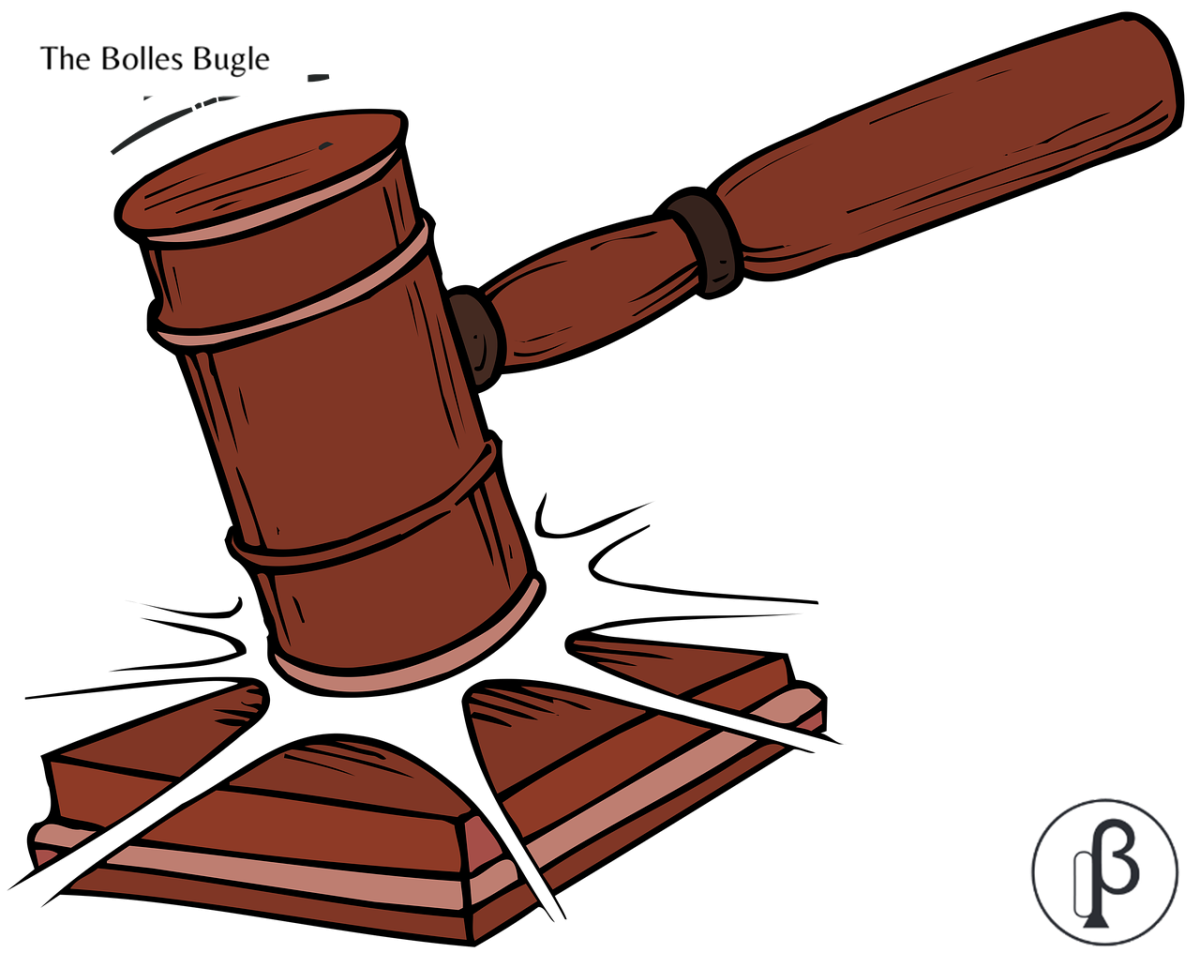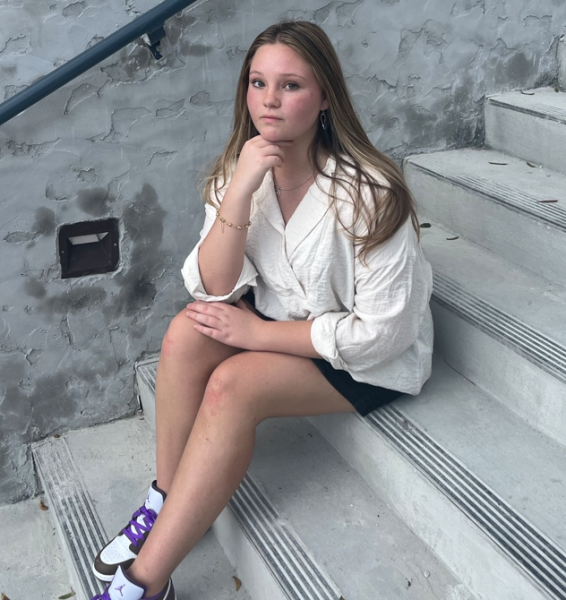Early this year, on January 3, Las Vegas District Court Judge Mary Kay Holthus was attacked in her own courtroom. The video quickly went viral and spurred the question of security for judges across the nation.
Tatiana Salvador is currently a criminal case judge in the Duval County courthouse, well aware of these pressing security concerns. She has just completed her 11th year presiding. However, long before that, she was a student at Bolles herself. Unlike many future lawyers that attend the school, Salvador was not interested in law at Bolles and did not participate in Mock Trial.
“I didn’t take part in any law classes while I was at Bolles to be honest. I was pre-med all through highschool and I applied to college for pre-med. It was really not until college that I changed to law,” says Salvador. “I took organic chemistry, which I didn’t like, but then I took political science which I absolutely loved, and that made me rethink what I wanted to do with my life.”
Civil court judge Katie Dearing, who has children at Bolles, had a very different high school experience. “I’m the opposite, I knew I wanted to be a lawyer my whole life. I have no memory of wanting to do anything else.” Dearing has been on the bench for five years now.
Salvador and Dearing preside over different areas of the courthouse where security is handled in different ways.
“There really aren’t any security measures specific to my hearing room,” says Dearing. Despite that, Dearing feels secured thanks to the general courthouse security measures.
These include smoke detectors, security officers, separate elevators and entrances for judges and officials, daily lists of the hearings, locked doors, and required badge access.
“For me, it is very different,”explains Salvador, “ I am in a criminal courtroom, and in addition to the civil security, there are uniformed bailiffs, every courtroom has two civilian bailiffs, and then in each courtroom there will be three to four uniformed officers”.
Additional security is frequently authorized for defendants who have misbehaved in court previously as well.
“I was in a hearing this afternoon, and the defendant had acted out, so they called in about three other officers.”
The judges credit the Chief Judge with the phenomenal safety and security they notice in the courthouse. They admit that the measures in place are in place because the courthouse is very new. The building is less than fifteen years old and Salvador shares that the previous courthouse was extremely unsafe, lacking many precautions they enjoy now.
Both Salvador and Dearing say they have never felt especially threatened in their courtroom.
“I don’t know if I have felt unsafe but there have been instances where someone gets upset and I become aware of the security in the room,” says Dearing.
Salvador has also only had to press her panic button once and was impressed with the response time of the officers.
In regard to the court incident in Las Vegas, the judges anticipate changes will be made to many courtrooms to match the state-of-the-art Duval ones.
“That video went viral, we all saw it, so certainly those courtrooms that are in the same situation as the Vegas courtrooms will need to rethink how they handle criminal court,” says Salvador. “I do expect people will look at that video and ask themselves, what can we do to increase security measures to protect our judicial officers?”
Although the judges feel secure at their work, they are responsible for their security at home. They have had to complete FBI training and been instructed to follow certain protocols. They must think about driving home different ways each day, having ring doorbells, not posting much on social media, and keeping their names from public records like their licenses.
The job comes with “inherent dangers” that will likely always be unavoidable. However, both Salvador and Dearing insist “it’s still the best job in the world.”




